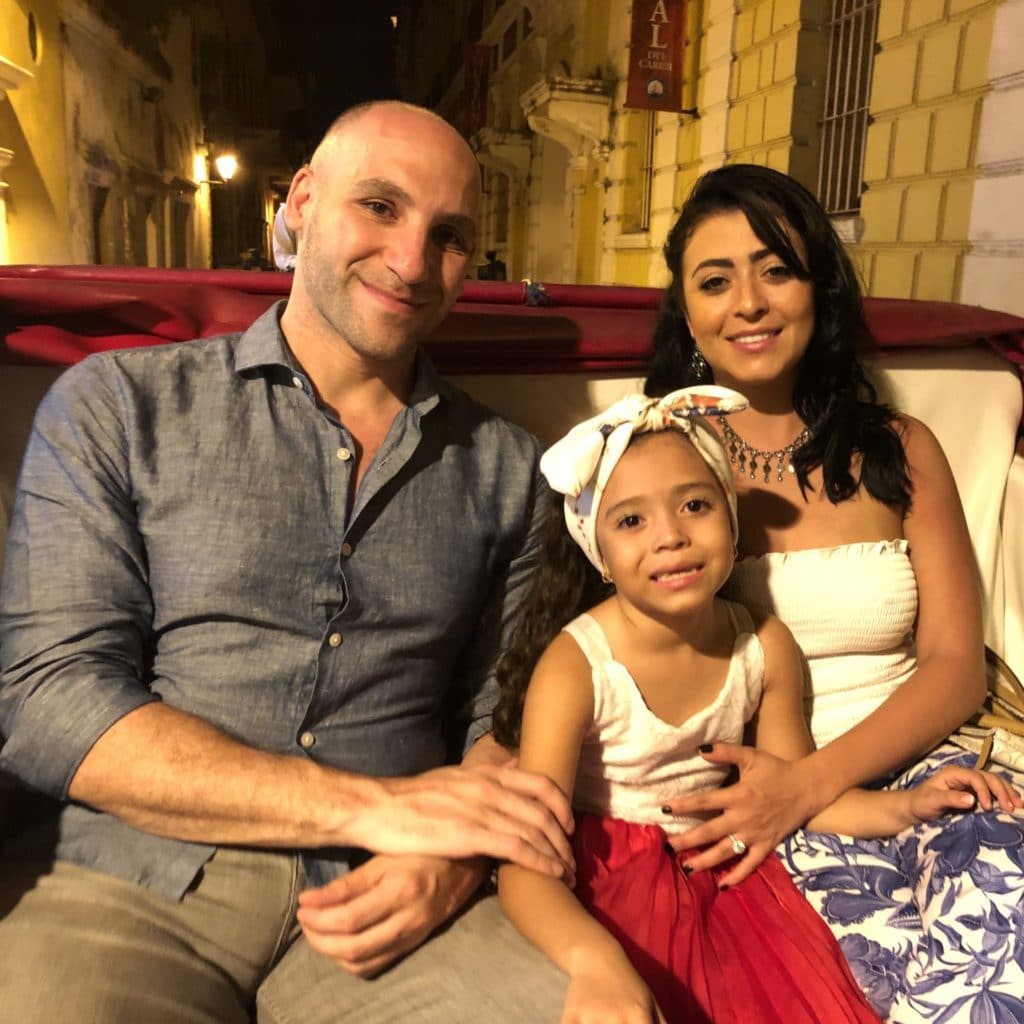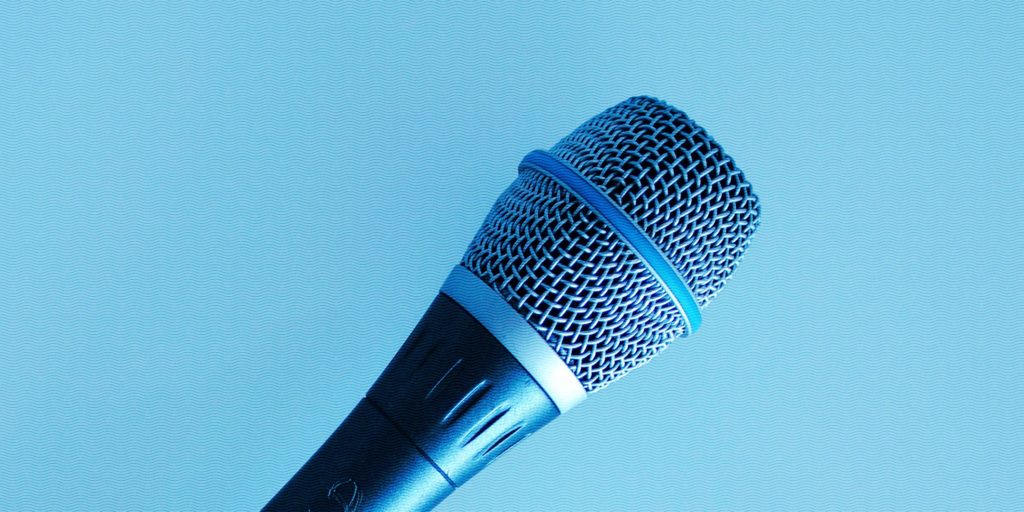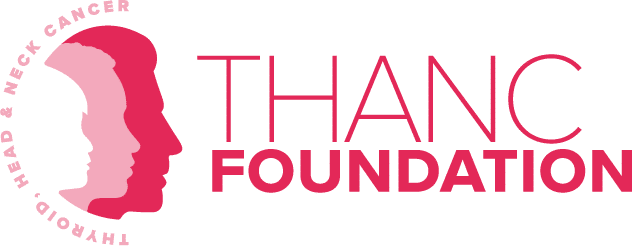
In February 2020, I noticed a sensitivity on my tongue, and thought it was a canker sore. Despite my salt water gargles and hydrogen peroxide rinses, this sensitivity was worsening every week. At that time, it had been a while since I visited a doctor or a dentist, but I knew I had to get it checked out. Since this happened at the start of COVID, many offices weren’t taking new patients. I was persistent and sent a picture of the lump on my tongue to a dentist. They referred me to an oral surgeon. After more convincing, I had the oral surgeon take me in as a new patient. I was granted an emergency appointment and got a biopsy.
Two months later, I got a call from my oral surgeon who told me that the biopsy was positive for squamous cell carcinoma. When I first heard the news that I had cancer, I shut down. I can’t even remember what the doctor told me for the next ten minutes. I had to ask my dad to call my doctor back, to help me plan and process this diagnosis.
This was my first surgery. I had never broken a bone or spent a night in the hospital before. This was especially daunting, because I had to do this by myself.
My father then helped me find a surgeon in New York City, who helped us put together a plan. The first step was getting my first set of CT scans. You get used to waiting for results, but the first few times are very stressful. You sometimes panic and have to prepare yourself. Thankfully, we found out from the CT that my cancer had not spread, which was a huge relief.
I had surgery on May 28th. This was my first surgery. I had never broken a bone or spent a night in the hospital before. This was especially daunting because I had to do this by myself. The new COVID restrictions wouldn’t allow my parents to accompany me in the hospital, and my fiancé was unable to come to New York from Colombia because of visa issues. I spent a total of nine days in the hospital. After spending one day in the bed, I wanted to get up and walk around. I was not used to sitting still for that long and not being able to communicate with anyone. Thankfully, I had great nurses, and they made me feel comfortable, even though my communication was mostly writing stuff down on a white board.
Radiation started in July. The first couple weeks were pretty much seamless. But by week three, it is amazing how quickly it goes downhill from there. Your mouth gets more sensitive, your teeth hurt, your appetite changes. Eating had been one of my great pleasures, and it’s frustrating when something so essential to life is now painful. You grow more concerned when you see these changes in your body, but the doctors reassure you it is normal. I had a wonderful support team around me. My father literally drove me every time to radiation, from upstate NY to NYC.
The power of a positive mindset and maintaining as much of a normal life as possible is critical, even if only for a few minutes each day.
Before surgery, I used to go to the gym six days a week. I had run two marathons. And for the first time in my life, I didn’t know if I could do those things again. I went from being 210 pounds to 170 pounds. I lost muscle, and I also lost my appetite. When I first started going to the gym, I was sensitive because I looked terrible and I would only go during off-peak hours. Slowly, I kept pushing myself to go. It is amazing how watching progress can help your mind, regardless of what it is. It is the ultimate motivation, and it was the biggest benefactor to my mental health. The difference between how I feel now vs six months ago is astronomical. I never would have imagined I could feel this good again.
Additionally, I was put in touch with a woman who had gone through a similar treatment to me. She gave me advice on what foods to eat during radiation, when she started using the pain relief medication, and what to expect during radiation therapy. Even though we had never met before, it was a huge help to have the support and advice of someone who had been through this before. Though I never expected that at my age (30s) I would have conversations about life expectancy and survivorship , I feel like cancer has put everything into perspective. It makes me appreciate things I might have put on the back burner in life. It showed me how important a support team is, how much my parents care for me, and also how much I want to be a parent.
My advice for anyone who is currently undergoing treatment is that everyone is going to do their own research, but for the most part, just be aware that you will only learn about the negatives of your disease. Taste buds not coming back, extreme weight loss, etc. From my experience, most people don’t post the good things that happen during recovery. Initially, I was scared by what I was seeing, but the truth is, people do get better from this. And as scary as it is to hear you have cancer, science is always improving and recovery rates are high. The power of a positive mindset and maintaining as much of a normal life as possible is critical, even if only for a few minutes each day. Ultimately, the best thing you can do is to have the right people around you, build a routine, and trust the process.

Will You Share Your Journey?
April is Oral Cancer Awareness Month. As part of that theme, we post stories written by oral cancer survivors, caregivers and medical professionals for our 30 Stories in 30 Days™ campaign. The insights they share can help others along their journey.


